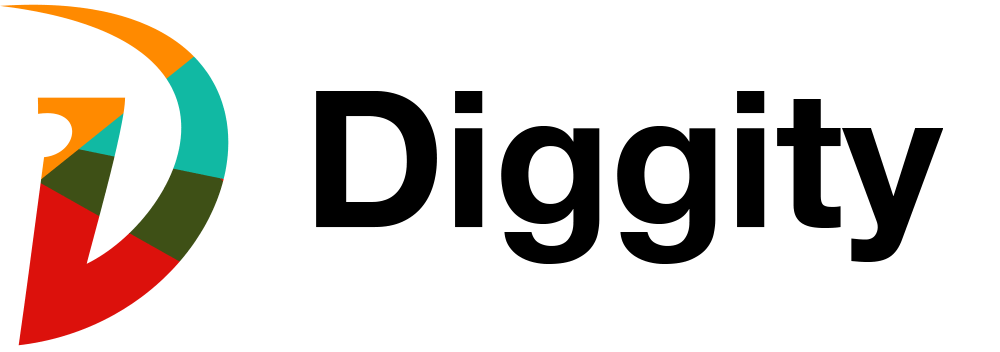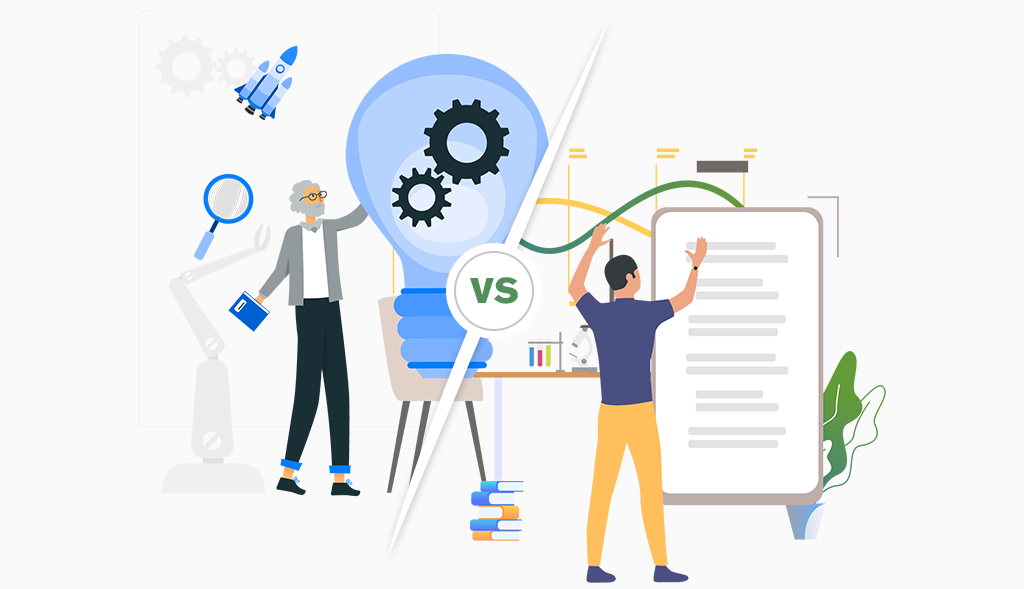Skill-Based vs Syllabus-Based Learning: The Future of Students in the World of Development
In an era where technology evolves faster than ever, the way we prepare students for careers — especially in software and application development — is undergoing a profound transformation. Traditional education, often focused on syllabus-based learning, is being challenged by the rise of skill-based education, which emphasizes real-world abilities over rote memorization.
So what does this shift mean for the future of students, especially those aspiring to enter the dynamic field of software development?
Understanding the Two Approaches
Syllabus-Based Learning
Syllabus-based education follows a fixed curriculum determined by educational boards or institutions. The focus is on covering a predetermined list of topics, chapters, and textbooks, often aimed at preparing students for exams.
Key Characteristics:
- Structured content and timelines
- Emphasis on theory and academic performance
- One-size-fits-all model
- Prioritizes completion over comprehension
Skill-Based Learning
Skill-based learning is oriented around practical capabilities — what students can actually do with the knowledge they acquire. It often includes hands-on projects, problem-solving, collaboration, and iterative learning.
Key Characteristics:
- Emphasizes real-world application
- Encourages creativity, critical thinking, and adaptability
- Often project-based and interactive
- Evolves with industry needs
Why Skill-Based Learning is Gaining Ground in Development
1. Industry Demands Are Changing
Modern employers in tech and software development are no longer impressed by degrees alone. They’re seeking candidates who can code efficiently, solve real problems, and collaborate effectively — all of which are outcomes of a skill-based approach.
A student who builds a working web application often has more hiring potential than one who has memorized the theory of databases without ever using one.
2. Faster Technological Cycles
New frameworks, languages, and tools emerge every year. Syllabus-based systems often lag behind, unable to update quickly enough. Skill-based programs, however, can pivot and introduce cutting-edge tools and methods on the go.
3. Global Learning Ecosystem
Platforms like GitHub, Coursera, freeCodeCamp, and Stack Overflow are democratizing learning. Students are building portfolios, contributing to open-source, and learning from global communities — often outside the scope of their classroom syllabus.
4. Enhanced Employability
Skill-based learners are job-ready from day one. They tend to have a portfolio, GitHub repositories, or freelance experience that showcases what they’ve built. Syllabus-based learners may still be catching up to what employers actually need.
The Role of Educational Institutions
Forward-thinking institutions are beginning to merge the two models by:
- Incorporating project-based assessments alongside exams
- Encouraging internships, hackathons, and coding bootcamps
- Partnering with industry experts to update curricula
But the change is slow — and students who take the initiative to learn skills on their own or through alternative platforms are often far ahead of the curve.
How Students Can Bridge the Gap
Whether you’re in school, college, or a professional course, here’s how to transition toward a skill-based mindset:
- Build projects: Start small — a personal website, a to-do app, or an automation script.
- Practice consistently: Platforms like LeetCode, HackerRank, and Codewars build algorithmic thinking.
- Contribute to open source: Real-world experience, community exposure, and practical knowledge — all in one.
- Network and showcase: Maintain a GitHub profile, LinkedIn presence, and a personal portfolio.
- Stay curious: Learn what the industry uses today — not just what the textbook says.
Conclusion: The Future Is Skill-First
The development world doesn’t stand still — and neither should learning. While syllabus-based education lays the groundwork, skills define your direction.
In the future of development, it won’t be the student with the highest exam score who leads — it will be the one who can build, adapt, and think critically. And that’s exactly what skill-based learning empowers students to do.
Looking to future-proof your career in tech?
At Diggity Solutions, we offer mentorship programs, hands-on projects, and real-world skill development opportunities to help students and professionals thrive in the development world. Get in touch to start your transformation.




